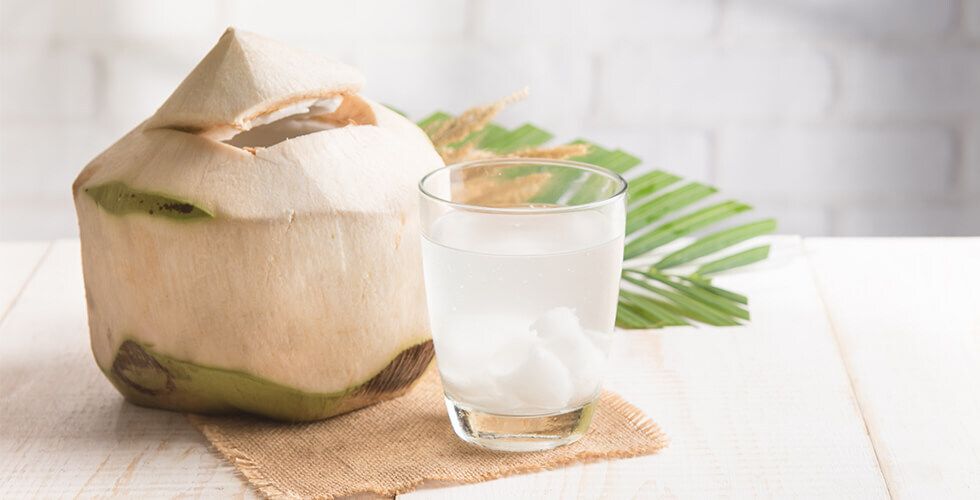
Coconut water isn’t just a trendy beachside beverage—it’s a naturally sweet, nutrient-rich powerhouse that’s been prized for centuries. But beyond its tropical vibe and hydrating reputation, this clear liquid has some fascinating secrets.
Here are five things you probably didn’t know about coconut water—but definitely should.
It’s a Natural Electrolyte Bomb
Move over sports drinks. Coconut water naturally contains potassium, sodium, magnesium, and calcium, making it a stellar rehydration tool. In fact, just one cup has more potassium than a banana, helping to restore your body’s fluid balance after sweating, partying, or a tough workout.
It Was Once Used as IV Fluid
During WWII and in remote areas, doctors have reportedly used sterile coconut water as an emergency IV fluid substitute. While not a perfect replacement for plasma, its similar electrolyte profile made it a life-saving hack in a pinch.
It’s Low in Calories but High in Bioactive Compounds
Coconut water has only about 45 calories per cup, but it’s rich in antioxidants, cytokinins, and amino acids that help combat oxidative stress and support cell repair. It’s like nature’s recovery drink, minus the artificial stuff.
Not All Coconut Waters Are Created Equal
Fresh is best—but not always possible. Look for cold-pressed or “never from concentrate” options with no added sugars or flavors. Clear, slightly sweet, and nutty is the goal. If it tastes syrupy or smells off, it’s probably not the good stuff.
It Can Support Heart and Kidney Health
Emerging studies show that coconut water may help reduce blood pressure and prevent kidney stones by decreasing crystal and stone formation. It’s not a cure-all, but it’s a smart addition to a heart- and kidney-friendly lifestyle.
Next time you crack open a coconut water, know it’s more than a thirst-quencher—it’s a tropical multitasker.

